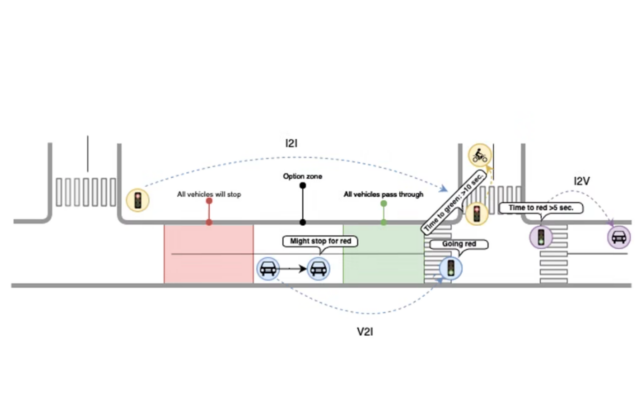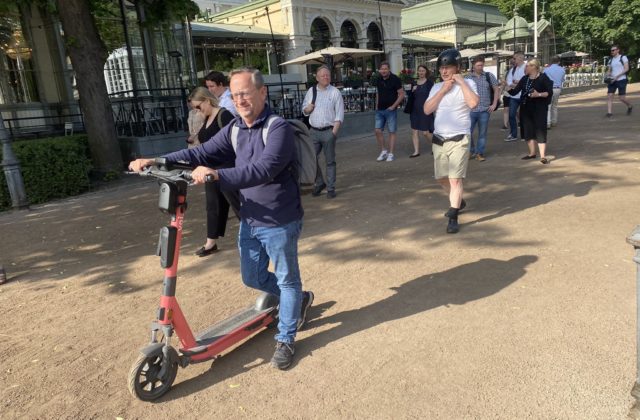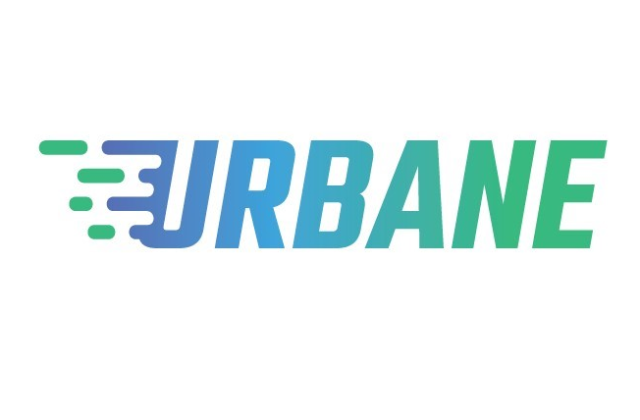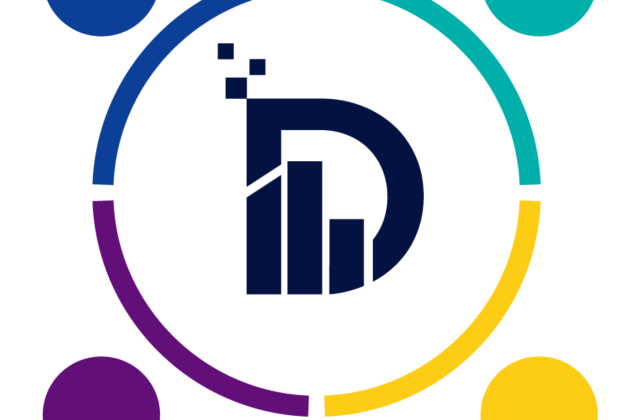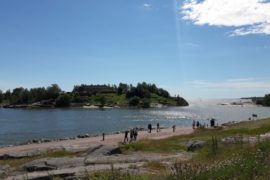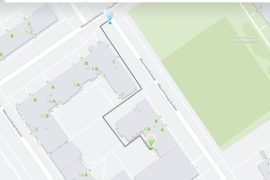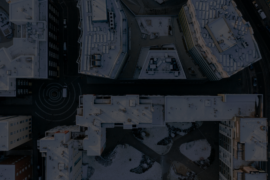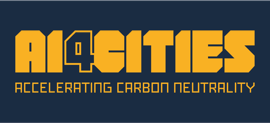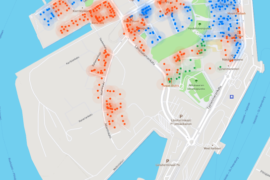The three-month case study pilot was carried out in collaboration between Drover AI, Voi Technology, Vianova, VTT and Mobility Lab Helsinki. Drover’s PathPilot solution was installed on 25 of Voi’s e-scooters. In the first phase, it collected data about the infrastructure the e-scooters ride on. The second phase of the pilot introduced audio signals related to rider behaviour (such as alerts when riding on pedestrian streets, parking).
The case study produced a white paper analyzing the observed rider behaviour. The results were promising. For example, riding e-scooters on sidewalks was reduced during the test period. Continuation of testing with an expanded time and scope might be considered. Read more about the results.
“From the images collected by the scooters, we obtained accurate information about, among other things, potholes on sidewalks, which can be a safety risk for road users. Additionally, several situations were observed where, for example, a parked car blocked access to the bicycle lane,” says Juho Kostiainen, Project Manager of Mobility Lab Helsinki.
